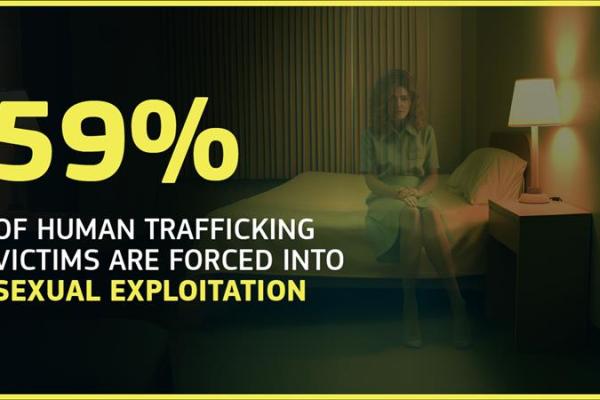Filter by
News (568)
RSS
On 28 October, the Commission and the Ministry of Interior of North Macedonia signed an Administrative Arrangement to collaborate in the European Migration Network, making North Macedonia one of the network’s observer countries.

The EU-funded security research project B-prepared aims to teach disaster survival skills to European citizens. It focuses on the critical gap between alert systems and citizen response, offering a platform that empowers individuals to effectively respond to climate-related emergencies.

On 7 October, Commissioner Johansson delivered a speech at Strasbourg on the impact of internal border controls on the Schengen area, underlining the importance of protecting the EU's external borders, the new Schengen Borders Code, and the implementation of the Pact, in lifting internal controls.

On 18 October, the Critical Entities Resilience Directive entered into application. The new legislation strengthens the resilience of critical infrastructure and minimises the impact of natural and man-made disruptive incidents. EU countries now have to prioritise its implementation.

Trafficking in human beings is a crime that should have no place in our societies. The EU Anti-Trafficking Day aims to raise awareness and increase the exchange of information, knowledge, and best practices among the different actors involved in the fight against trafficking in human beings.

18 October marks the EU Anti-Trafficking Day. Thousands of trafficking victims are recorded in the EU but many remain undetected. Find out more on this high-profit but largely invisible crime, the EC's awareness raising campaign, the EU Anti-Trafficking Coordinator, and actions taken across the EU.

Over the past three years, the Pilot project for business mobility between Belgium and Senegal has been connecting Senegalese and Belgian entrepreneurs, supporting 47 small to medium-sized businesses and contributing to the development of a sustainable Belgo-Senegalese economic partnership.

The 12th session of the Conference of the Parties to the United Nations Convention against Transnational Organized Crime (UNTOC) focuses on the implementation of the Firearms Protocol, key international instrument to prevent and combat the illicit manufacturing of and trafficking in firearms.

Commission adopted two proposals to digitalise travel documents (passports and identity cards) for people traveling to and from the Schengen area. New rules will make travelling to and within the Schengen area easier, and more secure.

Two new Eurobarometer surveys show that people and businesses strongly support the Schengen area. Both citizens and businesses recognise Schengen as one of the EU’s most significant achievements.
